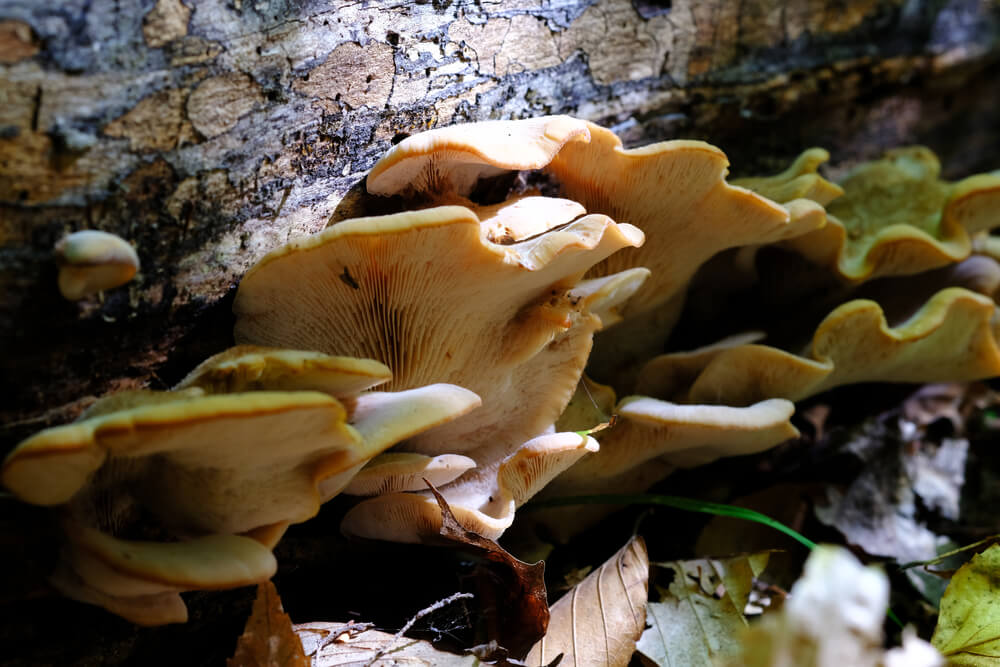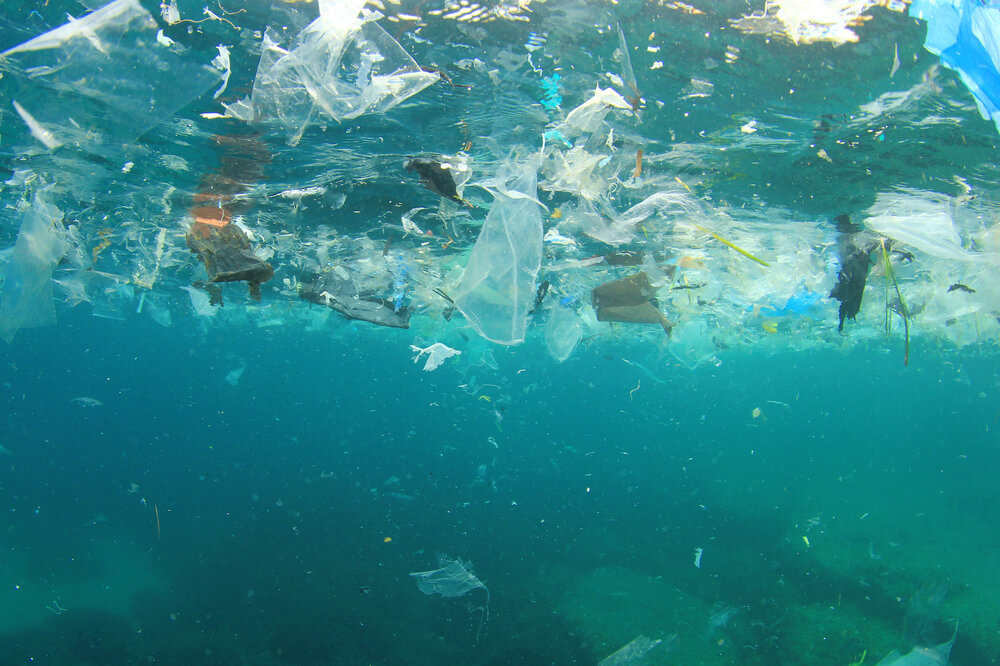Blog
Fungi and water treatment: see what they can do
According to a well-known mycologist, it is possible that mushrooms will eventually save us from a climate catastrophe.

Several types of fungi can break down plastics, pesticides, lead and dangerous bacteria. This process is referred to as mycoremediation. Keep reading and find out how it is used for water treatment.
Environmental pollution caused by industrial wastewater is a growing problem worldwide.
Since the 1960s fungi and yeasts have also been used to treat wastewater. These ancient organisms have a unique ability to absorb harmful substances from the environment
The fact that fungi can be found all over the world, are easy to grow and can withstand even harsh conditions makes them a very interesting alternative tool for waste disposal.
So, what can fungi remove from wastewater or polluted waters?
Polyurethane and other polymers
Fifty species of fungi, that are able to process plastics, have been discovered in the last few years alone.
For example, a fungus called "Pestalotiopsis microspora", discovered a few years ago by a group of students in the Ecuadorian jungle, is known to have a very strange appetite. It can live eating exclusively polyurethane and, what's more, it does so under anaerobic conditions, i.e. in the absence of oxygen.
Polyurethane has poor degradability because it practically does not decompose under natural conditions. It is a popular material that is commonly used, for example, in the manufacture of shoes, tyres, coatings or thermal insulation.

Another interesting fungus (or rather mould) that can degrade plastics is "Aspergillus tubingensis" discovered by a team of scientists at an urban landfill in Pakistan.
Its enzyme breaks down plastics such as polyester and polyurethane. As a result, it can break down smaller pieces of plastic in as little as two months.
There is ongoing research to see if this miracle fungus can be obtained in the quantities needed for industrial use.
Hormonal contraception
Hormones from the contraceptive pill, as well as residues from antibiotics, antidepressants and other drugs, are another major environmental problem. A significant proportion of these substances are excreted in the urine and thus enter the water cycle.
Wastewater treatment plants are often unable to deal with them effectively, and estrogens can end up in low but dangerous concentrations back in the soil or in rivers and streams.
And although there are several technologies that can reliably remove hormones from wastewater, these are very technically demanding and expensive, which hinders their widespread adoption.

And one particular species of fungus well known to most of the population - the oyster mushroom – could be a promising tool for water decontamination.
Not only is the oyster mushroom delicious, but it also shows excellent results in degrading many environmental toxins, especially hydrocarbon-based contaminants.
The synthetic estrogen used in birth control pills was removed in three days to two weeks under laboratory conditions by this humble fungus.
Pesticides, dyes, petrol or oils
The Royal Botanic Gardens, Kew, London, has published a study which suggests that fungi such as the oyster mushroom or the dwarf oyster mushroom may in turn be very beneficial in removing pesticides or various dyes from wastewater.
The report documents more than 2,000 new species of fungi that could help solve a variety of global environmental problems.
There are species of fungi that can absorb hydrocarbons, trace metal elements, tin derivatives, lead, oil refinery products and dangerous biological substances such as E.coli bacteria.
Scientists also believe that some species of fungi could help us clean up the oceans or even areas contaminated by nuclear radiation.

According to one of the world's most famous mycologists, Paul Stamets, it is quite possible that it is fungi that will ultimately save us from climate catastrophe.
We can only hope that scientists will prove these assumptions and eventually put them into practice.
Hydrotech can help you with our wastewater solutions. So, if you need a sewage or industrial treatment plant, or wish to upgrade an existing one, feel free to get in touch with our colleagues.
More articles
Can we destroy the 'forever chemicals'? Scientists have come up with a new promising method
Just two things were enough for the scientists to make the forever chemicals harmless. Keep reading to find out which ones.
